That first book was an unexpected journey; it asked so much of me and taught me so much in the forming of it. I learned hard lessons in plot, conflict, pacing, and ending a story. I labored over dialogue and descriptions, fighting the details to not sound forced or contrived. I interviewed people with similar experiences, wrestled with language and dialect, ruthlessly cut adjectives and adverbs that clouded the writing. I even came to tears as I realized that my book was not going to have the happy ending I had hoped. The story had gotten away from me, the main character that I loved so much had outgrown my original plan, and in her growth she seemed to need a different end. Something harder. Something hopeful.
All of these lessons were invaluable. I came away with a wealth of knowledge not only about the process of writing a book, but also about my process as a writer. I met my main character, Macy, but I also met myself in many ways. I learned how I process information, how I plan, how I write best when I’m feeling my way through a story. I learned how the atmosphere of silence, darkness and talking aloud made the words increase exponentially. I created Macy and her world, but I met parts of me in the middle of it.
Yes, it was harder and more time consuming and more exhilarating and more draining than I had ever imagined. But of all the things I learned, there’s one lesson that surprised me the most. I thought the completion of the project would leave me feeling triumphant; I didn’t expect it to make me feel so vulnerable.
There’s something about creating art, pouring yourself out, digging deep into yourself and calling something out that truly matters to you- this is a terrifying thing to pass along to someone and casually say, “Tell me what you think.” It was a confusing reality because I was so excited to share my work and yet so reluctant to actually offer it to others. I was unprepared for how much that story would matter to me in the end. It was an achievement, not for the quality but for the act of pushing through, of finding my stride, of a few small moments in the story that resonated so deeply with things that matter to me.
In time I came to realize that the vulnerability was coming from many places; it came from the depth of the words, the unsureness of the outcome, the effort given in the pouring out. I knew it wasn’t a masterpiece, but it was a sincere and hard-fought offering.
In the offering of something personal, there is a final stage to letting it go. There’s a moment where you actually have to pry your fingers off the work and set it down, knowing that other people are going to pick it up and treat it how they choose. It was the moment of setting it down that ripped me raw. I expected to feel more like I was unveiling a painting; instead it felt like abandoning a child. But the setting it down, the walking away, the letting the story tell its own story—each hard part of the process was something I needed to experience.
As I reflect on that first attempt, there’s part of me that wants to “fix” that problem, master my own vulnerability, if you will. Surely I can write in such a way that doesn’t leave me feeling so exposed or produce a story that is so personal. But in the scope of creating and writing and building a story, I think that what we say should matter. It should resonate. It should feel like something significant is being offered in the telling. And all I know to write, all I have to really say, is an outpouring of things that deeply matter and move me.
Follow Becky's other amusing musings on her website at www.beckyswanberg.com. While you're at it, do us a solid and encourage her to publish those manuscripts!




